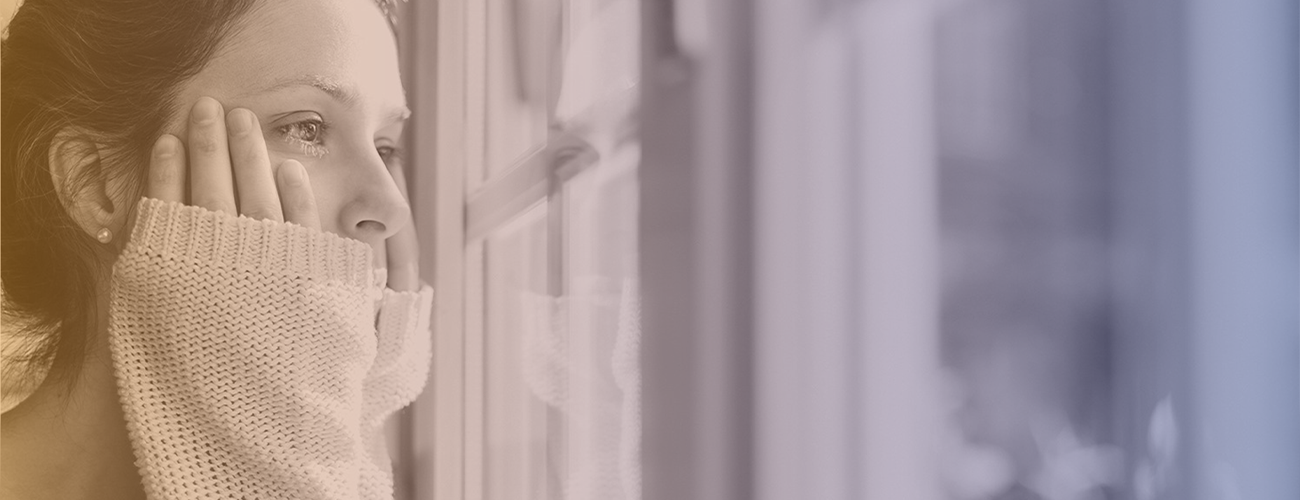
Over 3,000 people lose their lives to suicide each year in Australia.1
Hospital to Home (H2H) supports people living with mental health conditions and those who have attempted suicide for up to twelve weeks following their discharge from hospital. Those first few months are when people are most vulnerable and likely to re-admit to hospital with a mental health concern. The program aims to keep people out of hospital, improve their health outcomes, and connect them to social networks and community services that empower them in their recovery.
Mental health is a priority area for Western Sydney Primary Health Network, and WentWest commissions H2H in response to the identified need for more support services in the community. H2H and other mental health programs form part of the Western Sydney Mental Health and Suicide Prevention Regional Plan.
Claire* was admitted to Blacktown Hospital Short Stay Unit due to suicidal ideation and worsening symptoms of Adjustment Disorder. Before hospitalisation, Claire had recently escaped severe domestic abuse. Breaking away from her partner forced her into homelessness, costing her to lose her job and custody of her two children. After six days of inpatient care, Claire was discharged from hospital and referred to the Hospital to Home (H2H) program.
On discharge from hospital, Claire moved in temporarily with a friend. She did not have any food or money to help her friend purchase groceries, so H2H provided a food hamper to assist. H2H helped Claire establish clear goals to find a steady source of income, stable housing, affordable trauma therapy, and a wider social network.
With no Centrelink benefits or income, Claire was reliant on a friend’s generosity to avoid sleeping on the streets. H2H helped Claire attend appointments with the Department of Communities and Justice (DCJ) Housing to start receiving a Newstart Allowance to eliminate this risk. At times, clients at the DCJ Housing department would exhibit verbally aggressive behaviour towards staff. These incidents were incredibly distressing to Claire due to her history of domestic abuse and caused her to suffer panic attacks. The housing application process was also triggering for Claire. During this time, she began experiencing suicidal ideation and hopelessness again. At Claire’s request, H2H acted as a liaison with the DCJ Housing department and provided supporting statements where necessary. After successfully processing her application, Claire was accepted into the Rent Choice Start Safely Program (RCSSP). This program helps finance secure rental accommodation for those escaping domestic violence. Claire now lives in a secure, private, fully furnished rental home. Claire said that had it not been for the understanding and perseverance of H2H staff advocating on her behalf, she would not have continued her DCJ meetings.
H2H also assisted Claire to further her education by referring her to Western Sydney Recovery College, where she has attended three workshops. The college is an adult education program designed to increase knowledge and awareness of mental health in the community and assists people recovering from periods of psychological distress. H2H also helped Claire with her resume and provided information on employment agencies.
Together with H2H, Claire has researched bulk-billed psychiatrists in her area and is in the process of arranging appointments. H2H also connected Claire to a H2H social club which she reported has helped her overcome her social anxiety.
Thanks to Claire’s engagement with H2H, she has not returned to the hospital and has reported that she no longer feels suicidal and has hope for her future.
*Name has been changed to protect the identity of this client.
[1] Australian Bureau of Statistics (2020), Causes of Death, Australia
Read more stories from the WW Stories project.